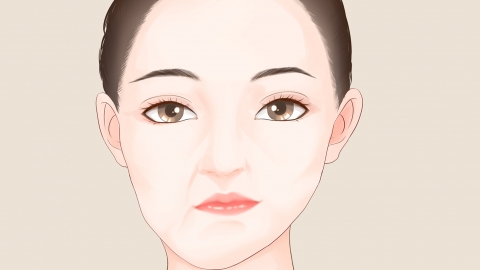Can Acyclovir treat facial paralysis caused by herpes?
Acyclovir is generally available in forms such as tablets and cream, and is usually effective for treating facial paralysis caused by herpes. It is recommended to use this medication under the guidance of a physician. If discomfort occurs, prompt medical attention is advised.

When facial paralysis is directly caused by an active herpesvirus infection—for example, herpes zoster-related facial neuritis—acyclovir can be part of antiviral therapy. Acyclovir inhibits viral replication and reduces the damage the virus causes to nerves, thereby helping alleviate symptoms of facial paralysis. It should be noted, however, that acyclovir is more effective when administered early during viral infection. Its effectiveness may diminish once the virus has entered the latent phase or if facial paralysis has persisted for a prolonged period.
Herpes viruses often lie dormant around the facial nerves and may cause dysfunction of the facial nerve, affecting normal local activities and resulting in facial paralysis. Patients may experience symptoms such as facial muscle weakness, a crooked mouth, and difficulty closing the eyes. Acyclovir has antiviral properties and can be used to treat facial paralysis caused by herpes. By inhibiting viral replication and proliferation, acyclovir can reduce nerve damage and aid in recovery from facial paralysis.
Patients should use the medication according to medical instructions. During acyclovir treatment, close attention should be paid to changes in the patient's condition and any adverse reactions. During the recovery period, a bland diet is recommended, and strenuous exercise should be avoided to prevent interference with recovery.




